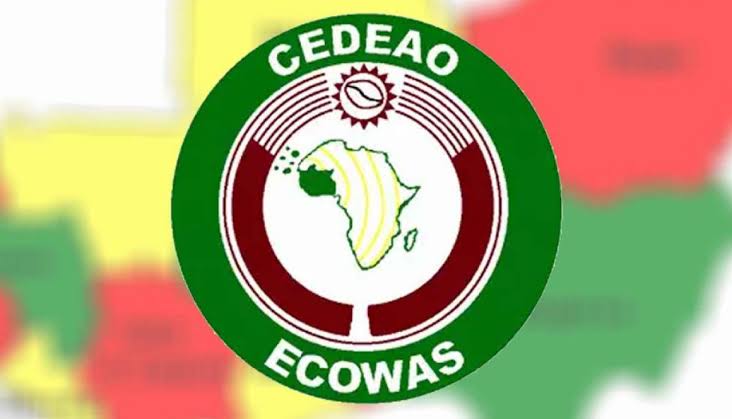Nigeria Leads ECOWAS Oversight Meeting on Community Budget in Abidjan
Nigeria’s House of Representatives Deputy Speaker, Benjamin Kalu, is spearheading a five-day Joint Committee meeting of the ECOWAS Parliament in Abidjan, Ivory Coast. This session focuses on the role of the ECOWAS Parliament in formulating and monitoring the community budget.
The Joint Committee, which includes members from standing committees such as Administration, Finance, Budget, Public Accounts, Macroeconomic Policy, and Economic Research, was formed to carry out critical oversight functions as outlined in the community policy.
The primary goal of this delocalized meeting is to deepen members’ understanding of key budgetary issues to enhance parliamentary discussions. It also seeks to equip parliamentarians with the necessary tools to oversee ECOWAS’s programs and activities, as mandated by the Supplementary Act on the Enhancement of the Powers of the Parliament.
Throughout the event, experts from ECOWAS’s technical directorates and civil society organizations will provide insights and updates on recent sector developments. These presentations aim to give parliamentarians a well-rounded perspective on the issues at hand.
The Committee on Administration, Finance, and Budget plays a crucial role in the oversight of community budget adoption, financial management, and the evaluation of community financing mechanisms. It is tasked with monitoring the implementation of protocols related to the community levy and coordinating various financial instruments.
Additionally, the committee is responsible for assessing the cost-effectiveness of policies financed by the community, overseeing the Parliament’s budget execution, and auditing its revenue and expenditure.
The ECOWAS Parliament consists of 115 seats distributed among 14 standing committees. Nigeria, the largest member state, holds 35 seats, followed by Ghana with eight seats and Côte d’Ivoire with seven. Other member states have between five and six seats, depending on their population size.


